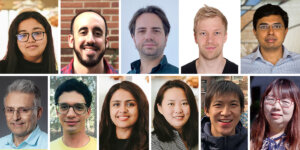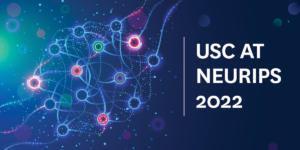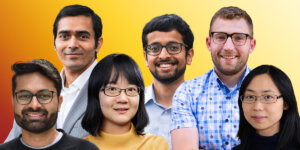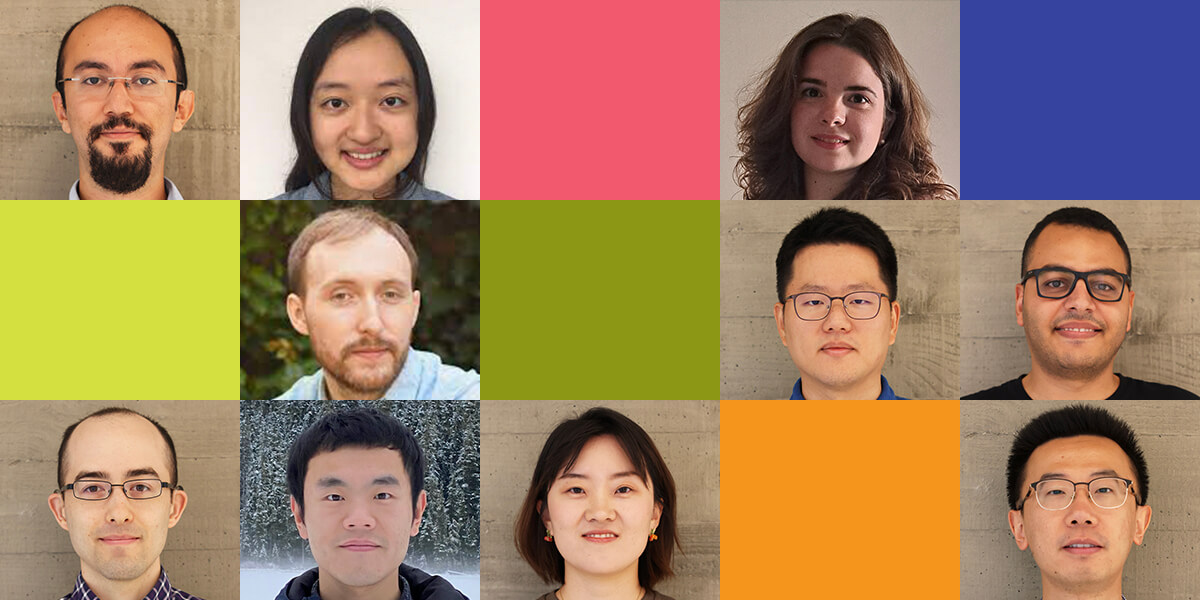
In an eventful academic year for computer science at USC, which includes a new department name, an endowed chair, and the opening of a state-of-the-art new building, the USC Viterbi Thomas Lord Department of Computer Science welcomes 10 new faculty members to its ranks.
With research foci ranging from computational genomics to parallel computing, our newest faculty members recently shared more about their work and their interests.
Meet our new faculty:
Erdem Bıyık | Assistant Professor of Computer Science | Ph.D. in Electrical Engineering, Stanford University. Postdoctoral research, UC Berkeley.
Research focus: robotics, machine learning, and artificial intelligence. At USC, Bıyık will lead the Learning and Interactive Robot Autonomy Lab (Lira Lab), which works on robots learning from humans, human-robot collaboration, and learning in multi-agent systems.
If you could offer one piece of advice to your students, what would it be? The actual objective in an academic program should be to understand, learn, and master the subjects. Grades are only a byproduct of that process.
Any interesting hobbies? I play table tennis and chess, or more generally board games. Living in California for the last 6 years, I am also into hiking now. I enjoy trying different cuisines, and learning about history and cultures.
If you had one computer scientist superpower, what would it be and why? Instantly finding the global optima of any optimization problem. Because then almost all of the algorithms in my field would run instantly and we would have solved many practical problems in machine learning.
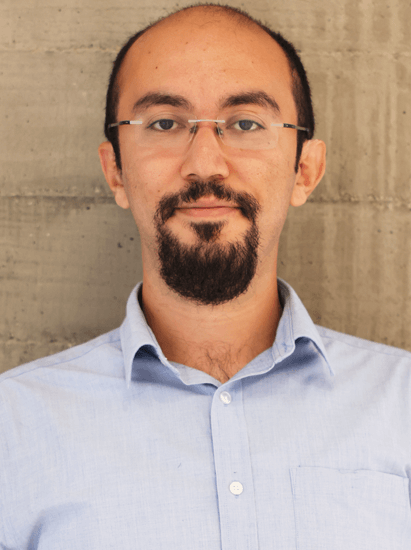
Ruishan Liu | Assistant Professor of Computer Science (Starting Jan. 2024) | Ph.D. in Electrical Engineering, Stanford University. Postdoctoral research, Stanford University.
Research focus: machine learning for healthcare and biomedicine, including developing efficient and reliable new algorithms in deep learning, large language models, reinforcement learning, and more.
Liu was a recipient of Rising Star in Data Science, Rising Star in Engineering in Health, Next Generation in Biomedicine, and finalist for the Reuters Events Global Pharma Awards.
What attracted you to computer science at USC? The prospect of working with motivated students and amazing colleagues. Particularly, USC's collaborative atmosphere that promotes interdisciplinary studies aligns perfectly with my research focus in the realm of machine learning and biomedical applications.
If you could invent any technology, what would it be and why? An artificial general intelligence that combines advanced problem-solving capabilities with profound empathy. As an illustration, our aspiration of AI in biomedicine is to provide precise diagnoses and treatment plans, vastly improving healthcare outcomes and ultimately enhancing human well-being.
If you could offer one piece of advice to your students, what would it be? "Embrace curiosity and cultivate resilience". These qualities are crucial in our academic journey - curiosity fuels our quest for knowledge and innovation, while resilience empowers us to overcome challenges and setbacks.
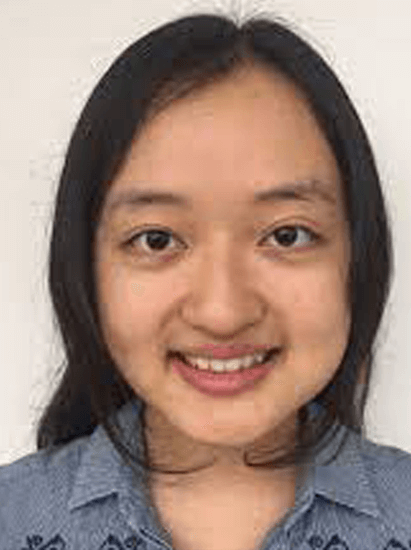
Evi Micha | Assistant Professor of Computer Science (Starting Aug. 2024) | Ph.D. Candidate in Computer Science, University of Toronto. Postdoctoral fellow, Harvard University.
Research focus: combining computer science and economics, including topics such as algorithmic fairness and computational social choice.
In 2023, Micha's paper, “Welfare-Maximizing Pooled Testing” was selected as the exemplary paper in the applied modeling track of ACM Conference on Economics and Computation.
What attracted you to computer science at USC? Distinguished faculty members who are experts in their respective fields and dedicated to conducting impactful, high-quality research. The encouragement for multidisciplinary research and the potential for collaboration with a diverse group of talented students. Last but not least, the presence of the Center for Artificial Intelligence in Society (CAIS). The mission of the center which is to explore “how AI can be used to tackle the most difficult societal problems” is greatly aligned with my future vision of designing algorithms that foster social good.
If you could offer one piece of advice to your students, what would it be? Have faith in yourself, give your best effort, and recognize that hard work always pays back. It is important to keep trying after a failure, but it is even more important to keep trying after a success.
Favorite quote? "Reach what you cannot." Nikos Kazantzakis
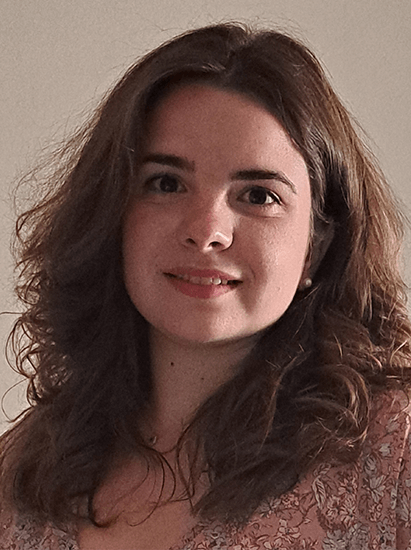
Willie Neiswanger | Assistant Professor of Computer Science (Starting Jan. 2024) | Ph.D. in Computer Science, Carnegie Mellon University. Postdoctoral scholar, Stanford University.
Research focus: developing machine learning methods to perform efficient optimization and experimental design in costly real-world settings, where resources are limited.
Neiswanger applies these methods to solve problems in science and engineering, for example in the physical sciences and machine learning systems. In 2021, he won the Jay Lepreau Best Paper Award at OSDI.
What attracted you to computer science at USC? The strength of AI at USC and the emphasis on interdisciplinary research. This meshed well with my focus on machine learning as well as its application to solving problems in science and engineering.
If your research could solve any problem immediately, which one would it be and why? I would love for the machine learning techniques that I research to be used for efficient discovery of new materials, tools, and methods for improvements in sustainable energy.
Any interesting hobbies? I love to read, ride my bike, and take walks. In the past I've been very interested in movie making, rock climbing, and soccer.
Read any good books lately? Yes — "Under the Frog", by Tibor Fischer, and "The Soul of a New Machine", by Tracy Kidder
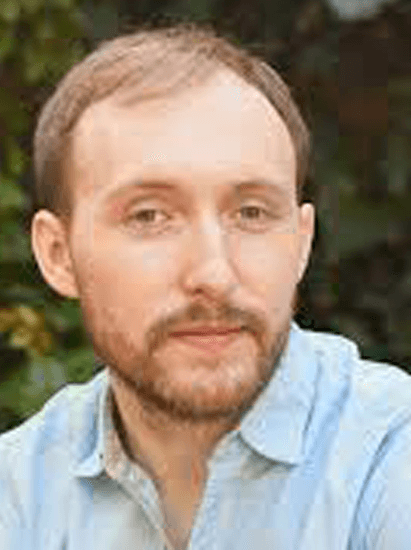
Seo Jin Park | Assistant Professor of Computer Science | Ph.D. in Computer Science, Stanford University. Postdoctoral research, MIT CSAIL.
Research focus: creating next-generation parallel systems that allow interactive applications to exploit big data at low cost. After completing his postdoc at MIT CSAIL, Park spent a year working in the Systems Research Group at Google.
What are you most looking forward to about living/working in LA? My wife and I look forward to the nice weather and great Korean food. We plan to explore different Korean restaurants every week.
Read any good books lately? Cod: A Biography of the Fish that Changed the World
If you could offer one piece of advice to your students, what would it be? Make lots of diverse friends in college. This is a rare opportunity.
If you had one computer scientist superpower, what would it be and why? As a distributed systems researcher, I often found it tedious and painful to port other people’s code (often required for papers). I don’t think it’s a “superpower,” but I wish to have a tool that can automatically port existing systems code to another system. With the development of LLM, I believe such a tool will soon appear.
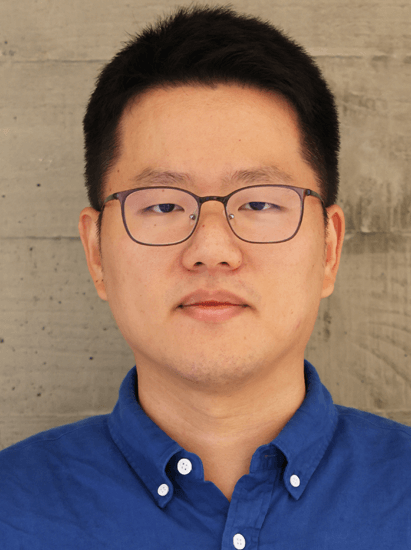
Ibrahim Sabek | Assistant Professor of Computer Science | Ph.D. in Computer Science, University of Minnesota. Postdoctoral associate, MIT.
Research focus: understanding machine learning and systems techniques to build data-intensive systems and applications. He was an NSF/CRA Computing Innovation Fellow.
What's the most surprising place you've found inspiration for your research or teaching? Pre-schools! Young kids at this age show a great potential for learning computing. They are always curious to solve puzzles and understand how things work, especially in algorithmic problems. That is why we should focus more on teaching the computing basics to kids very early, and prepare more accessible computing materials for them.
If you were to create a new course unrelated to your field, what would it be and why? A course on "Sports Computing" that shows how computer science, especially machine learning and AI, can advance different sports and strengthen the players' abilities.
Any interesting hobbies? I love watching and playing soccer and tennis table. I also love watching science fiction movies from time to time.
What is the best advice you have ever received? Dream big and be persistent to achieve that dream.
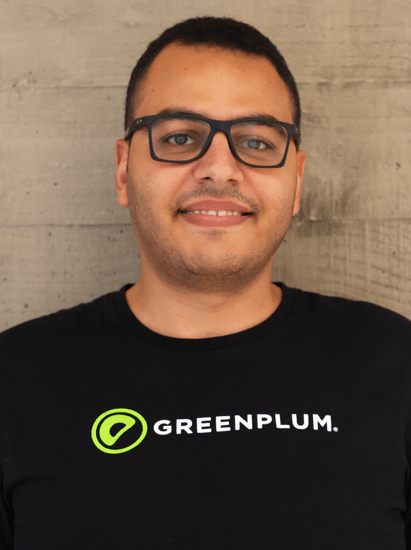
Daniel Seita | Assistant Professor of Computer Science | Ph.D. in Computer Science, UC Berkeley. Postdoctoral associate, Carnegie Mellon University.
Research focus: computer vision and machine learning for robot manipulation, with a focus on developing novel methods to improve manipulation of challenging deformable objects. At USC, he is the director of the Sensing, Learning, and Understanding for Robotic Manipulation (SLURM) Lab. Seita received a six-year Graduate Fellowship for STEM Diversity and a two-year Berkeley Fellowship.
What attracted you to computer science at USC? I liked how the computer science department already had a strong presence now (and historically) in robotics and I wanted to continue advancing that.
What is the best advice you have ever received? There is always something more that we can do, so we have to know when to say no and turn down certain things, activities or duties.
Any interesting hobbies? I like to study Chinese politics.

Yue Wang | Assistant Professor of Computer Science, Part-time research scientist at NVIDIA | Ph.D. in Computer Science, MIT.
Research focus: the intersection of computer vision, computer graphics, and robotics with the intention of enabling visual intelligence with minimal human supervision.
At MIT, Wang was the first-place recipient of the William A. Martin Master’s Thesis Award in Computer Science, and received the Nvidia and David S. Y. Wong fellowships.
Can you describe "visual intelligence" in simple terms? Humans can perceive and understand the world through vision. Our intelligence are largely driven by these visual signals. My hope is to enable robotics with similar visual perception and intelligence.
Favorite quote? “Innovation distinguishes between a leader and a follower.” By Steve Jobs
If you could offer one piece of advice to your students, what would it be? Focus on what you’re passionate about and keep going.
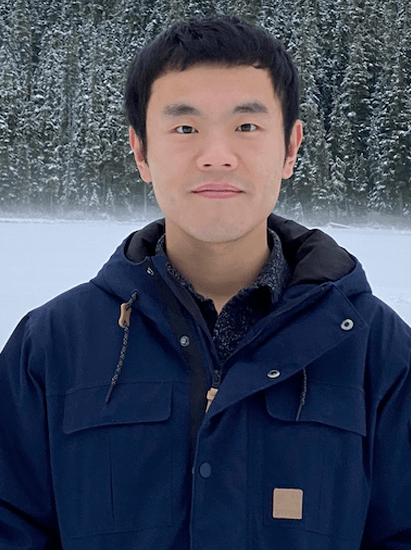
Jieyu Zhao | Assistant Professor of Computer Science | Ph.D. in Computer Science, UCLA.
Research focus: improving fairness of machine learning and natural language processing models. Her paper, “Men Also Like Shopping: Reducing Gender Bias Amplification using Corpus-level Constraints,” received the EMNLP Best Long Paper Award in 2017.
She was a a recipient of the Microsoft Ph.D. Fellowship in 2020 and an NSF Computing Innovation Fellow at University of Maryland, College Park.
Best advice you have ever received? Don’t overthink it, just give it your all.
If you had one computer scientist superpower, what would it be and why? For now, I guess it is “making great slides within a blink”. 🙂 I’m teaching for the first time this semester, and this power is such a desideratum.
Favorite quote? There is a Chinese quote “花有重开日,人无再少年”, which means “flowers may bloom again, but we will never have the chance to be young again.” It reminds us to cherish our time.
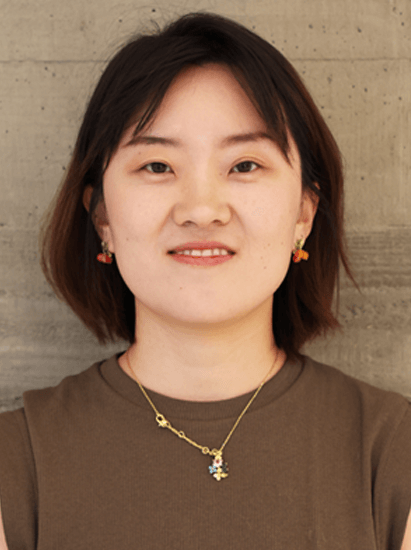
Yue Zhao | Assistant Professor of Computer Science | Ph.D. in Computer Science, Carnegie Mellon University.
Research focus: principles of acceleration, automation, and development of machine learning and data mining, with a focus on anomaly detection and machine learning systems (MLSys).
He has led more than 10 machine learning open-source initiatives, garnering 16,000 Github stars and more than 20 million downloads.
What attracted you to computer science at USC? The department boasts top-notch researchers in virtually every subfield of computer science. Additionally, I eagerly anticipate the collaborations that the new computer science building will foster. The location of USC in Los Angeles sealed the deal for me.
Do you have a favorite quote?While I don’t adhere to a particular quote, I've always embraced a philosophy of being kind to myself and refraining from boxing myself into rigid confines.
If you were to create a new course unrelated to your field, what would it be and why? I would delve into fiction writing. The process of crafting narratives fascinates me as it beautifully merges logic with emotion.
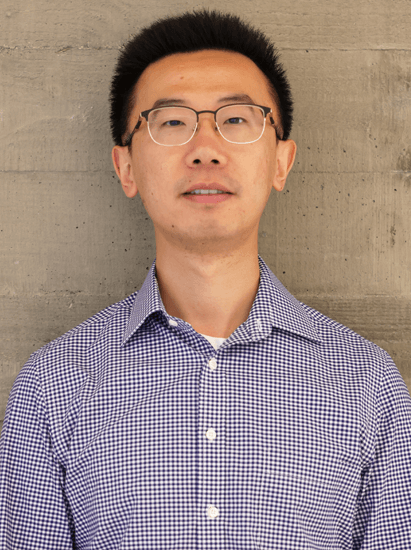
Published on September 13th, 2023
Last updated on September 19th, 2023





